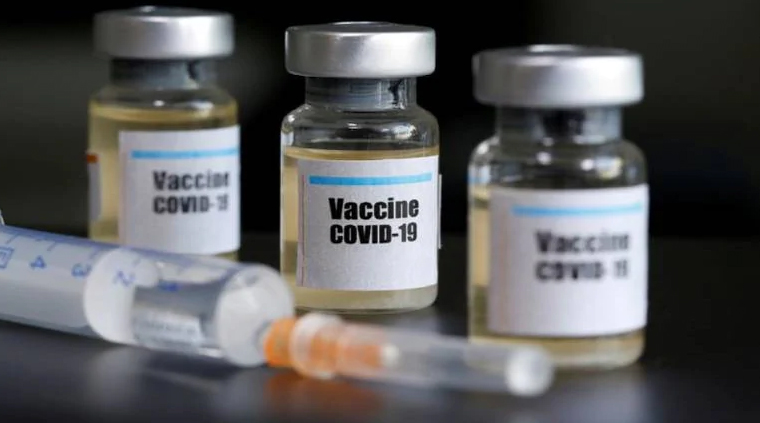London: The initial trial data for the COVID-19 vaccine which has been developed in a joint collaboration between Oxford University and AstraZeneca is ‘safe, well-tolerated and immunogenic’. This has been said by the editor of the United Kingdom-based medical journal, ‘The Lancet’.
The editor of ‘The Lancet’ took to Twitter to express his opinion. He wrote: “The phase 1/2 Oxford COVID-19 vaccine trial is now published. The vaccine is safe, well-tolerated, and immunogenic. Congratulations to Pedro Folegatti and colleagues. These results are extremely encouraging.”
This certainly will bring fresh hope to the world which has been ravaged by the COVID-19 virus. Till date, not a single vaccine has emerged to tackle coronavirus. So the results of the vaccine developed by the Oxford University team and AstraZeneca will certainly appear as a bright light at the end of a very dark tunnel.
The vaccine – has been named ‘ChAdOx1 nCoV-19’. It was tested on 1077 people in phase I and II of the human trials. None of the volunteers faced any serious adverse effects due to the vaccine and antibodies were generated to fight the coronavirus.
In the research report published Monday in ‘The Lancet’, scientists said that they found their experimental COVID-19 vaccine produced a dual immune response in people aged 18 to 55.
“Local and systemic reactions were more common in the ChAdOx1 nCoV-19 group and many were reduced by use of prophylactic paracetamol, including pain, feeling feverish, chills, muscle ache, headache, and malaise. There were no serious adverse events related to ChAdOx1 nCoV-1,” the results published in ‘The Lancet’ read.
Meanwhile in a separate development, the head of emergencies at the World Health Organisation (WHO) hailed ‘good news’ in results shown by two COVID-19 vaccine candidates in early trials. However, he added that there is still a long way to go to get the right vaccine to tackle coronavirus.
“We now need to move into larger-scale real-world trials,” Dr Michael Ryan told reporters at a news conference in Geneva. “But it is good to see more data and more products moving into this very important phase of vaccine discovery,” Ryan added.
Ryan’s comments came as scientists at Oxford University, said their experimental vaccine had been shown to trigger a protective immune response in hundreds of people who got the shot. Also in ‘The Lancet’, Chinese researchers published a study on their experimental vaccine, using a similar technique as the Oxford team. They also said that their vaccine reported an immune response.
